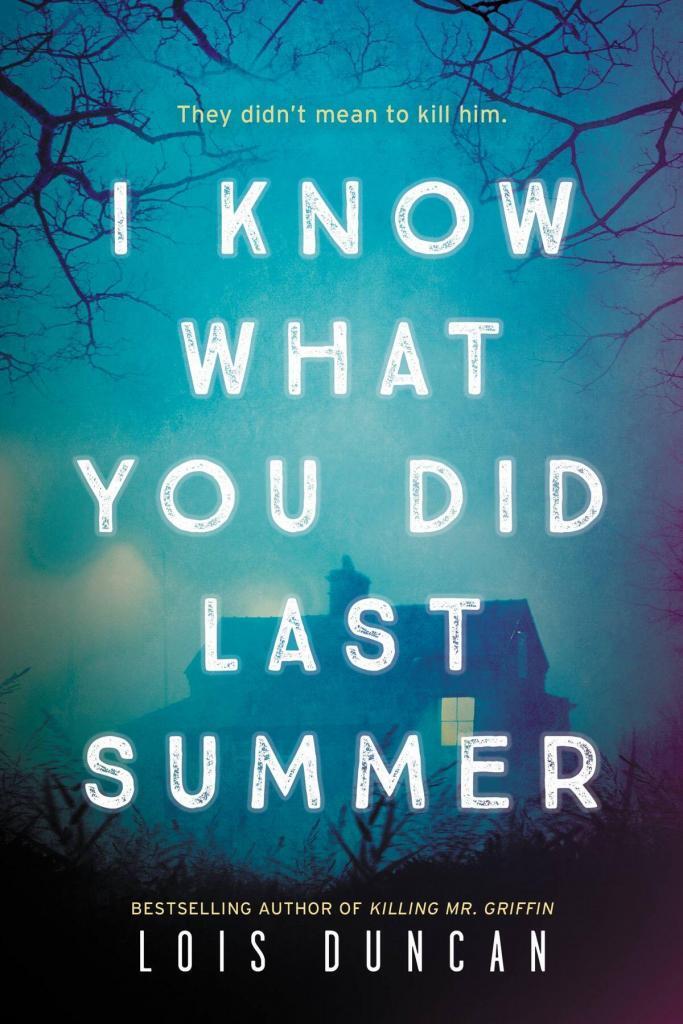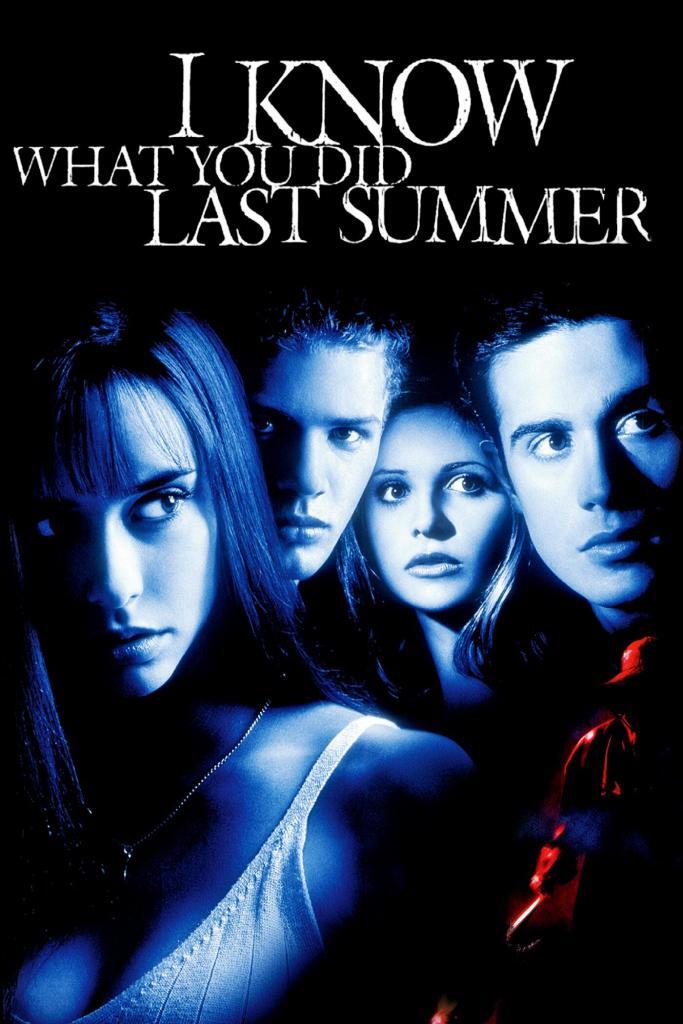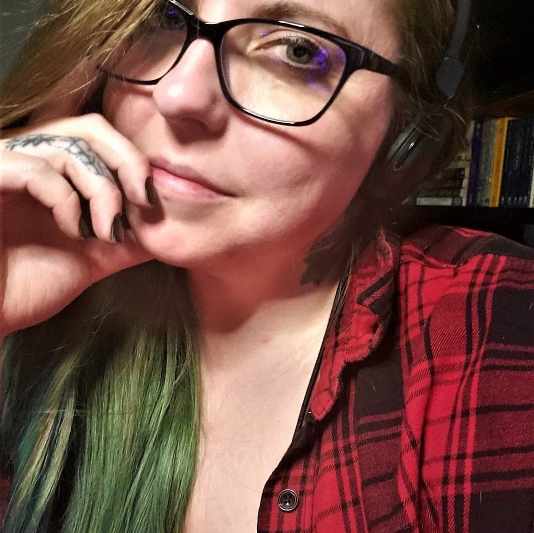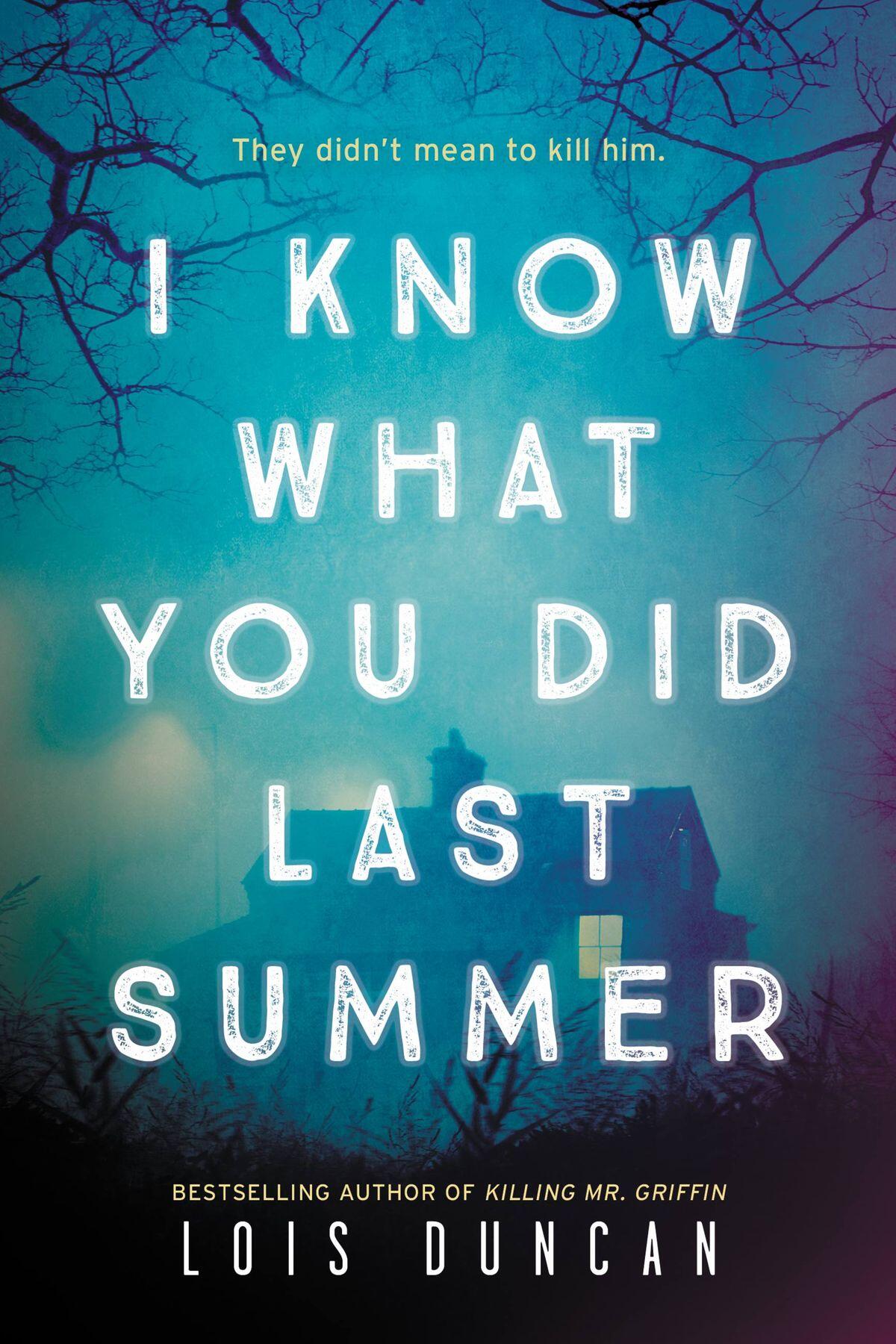The Legacy of an author like the late Lois Duncan stretches farther than one might think—having been 82 years old when she died of a stroke, she left behind a long prolific career of writing fiction for young adults. Many people read Duncan’s books in their adolescence, so much so her books can be considered a rite of passage. One thing that can be said of Duncan’s writing is that she captures the essence of what it is to go through puberty—the feelings of alienation and the thirst to be accepted by one’s peers—and also the kind of chilling, oft supernatural situations that made her horror and thriller writing so famous.

I Know What You Did Last Summer by Lois Duncan
What She’s Known For
I started writing for young adults because I was one.
Lois Duncan in The Sarasota Herald-Tribune 2005
Duncan wanted to create something relatable for readers who were too old for children’s books and too young for adult books–something in between that could bridge the gap between, something that would carry them over and enable them to be lifelong reading enthusiasts. Authors like Lois Duncan are incredibly important, they breed the interest and love for the written word long after our parents stop reading us bedtime stories and well before we lose interest in school-assigned reading. Duncan’s most well-known books to date were written well before young adult fiction had become a popular genre—among these, she had created Down a Dark Hall (1974), Killing Mr. Griffin (1978), and Stranger With My Face (1981). These books were all considerably violent in their own right, but when her 1973 novel I Know What You Did Last Summer was adapted to the big screen, Duncan was “utterly horrified.”

The movie adaptation, which was released in 1997, horribly skewed her suspenseful thriller—a book about a group of teenagers who were desperate to conceal an accidental killing–into a slasher horror film. She recounted going to see the movie for the first time, “the first time I knew it was a slasher movie was when I bought my popcorn and bought my ticket and excitedly walked into the theater … the heads were dropping and the blood was spurting and I was screaming and the audience was screaming.” Truly it was never her intention for it to be as bloody and shocking as it turned out to be on film and it didn’t ring true with the message she tried to embed in her stories, that what you do in life matters and accepting responsibility for your actions is paramount.
Not all of Duncan’s work lies within the realm of the terrifying and dark, some of it is decidedly light—especially the work that followed after her daughter Kaitlyn—and many of her works have been adapted into film. Like most authors who have had their work adapted into screenplays, Duncan didn’t exactly make her name from audiences knowing who came up with the original idea for them. Instead she made her name through the amazing wealth of novels that she contributed to multiple genres and the awards she received for them.
What the Critics Had to Say
Lois Duncan is regularly given credit by critics and journalists alike for pioneering the genre of young adult fiction—she made most of these strides within the teen suspense and horror genres and was even dubbed as the “queen of teen thrillers.” The Washington Post’s Emily Langer stated that Duncan, “plucked her characters from normalcy and placed them in extraordinary, often dark circumstances,” which for a time when Beverly Cleary, Judy Blume, and Robert Cormier were big names in fiction, was decidedly against the grain of the genre.
What the Fans Have to Say
Even four years after her death, Lois Duncan is still on the minds of the people she inspired to write during their youths—her impact was profound and lasting because she finally gave teens a voice for the dark and dismal forces that play a large part in the imaginations and fantasies of so many of us during a time of chaotic emotions and hormones. She isolated that turmoil and removed it from the internal struggle by creating these dark tales and then illustrated how much worse things could really be beyond our own thoughts, fears, and expectations.

Georgia-based author and artist, Mary has been a horror aficionado since the mid-2000s. Originally a hobby artist and writer, she found her niche in the horror industry in late 2019 and hasn’t looked back since. Mary’s evolution into a horror expert allowed her to express herself truly for the first time in her life. Now, she prides herself on indulging in the stuff of nightmares.
Mary also moonlights as a content creator across multiple social media platforms—breaking down horror tropes on YouTube, as well as playing horror games and broadcasting live digital art sessions on Twitch.


